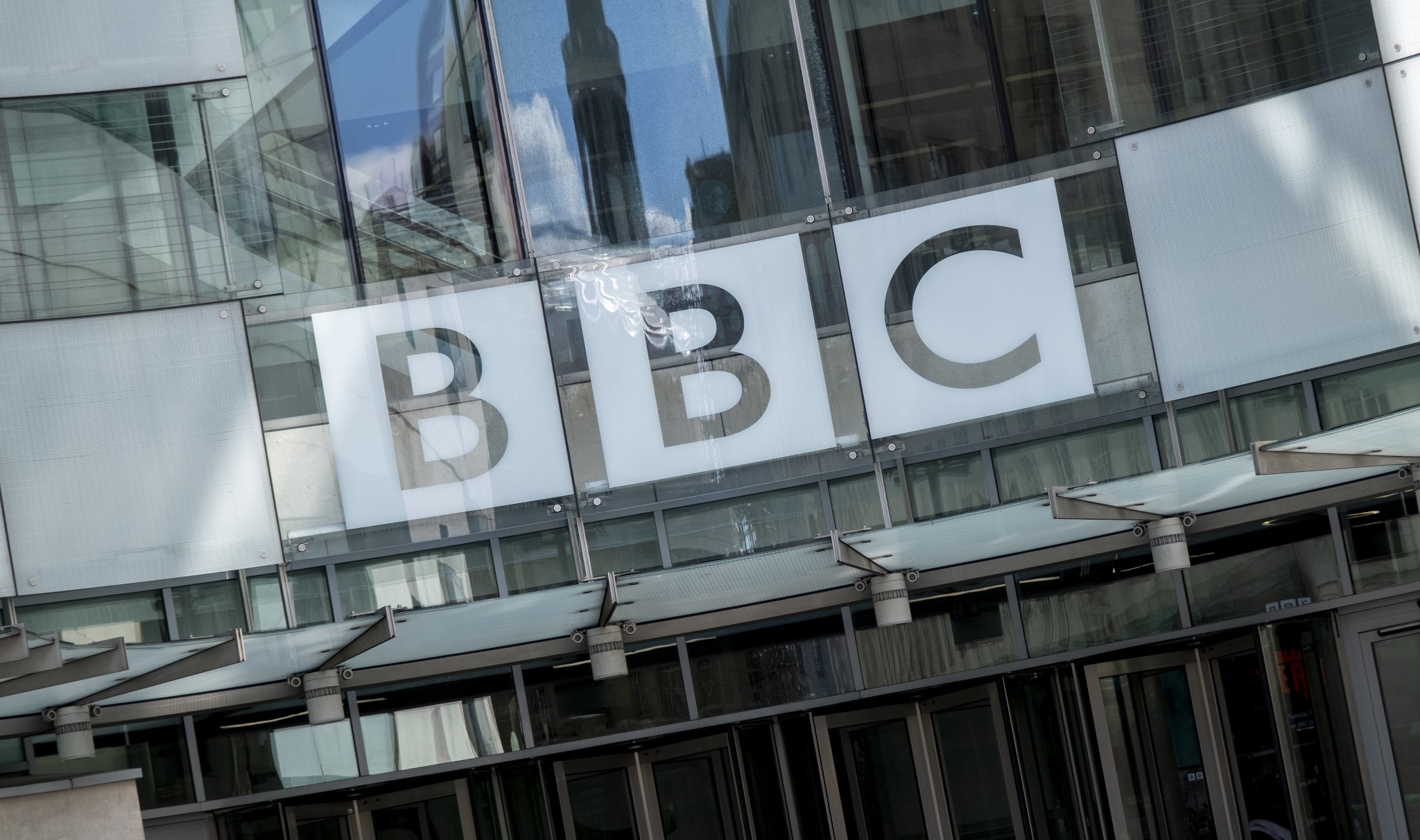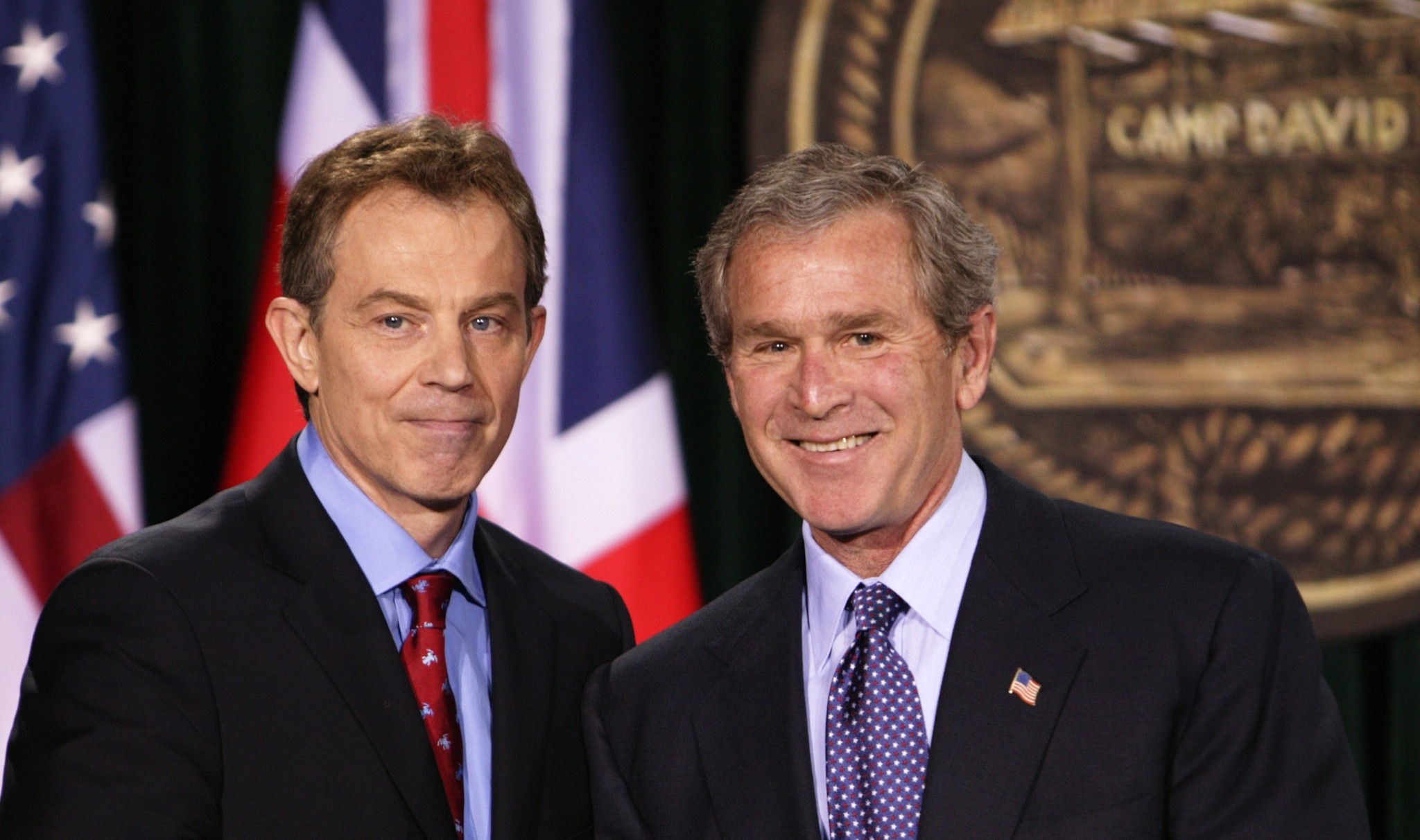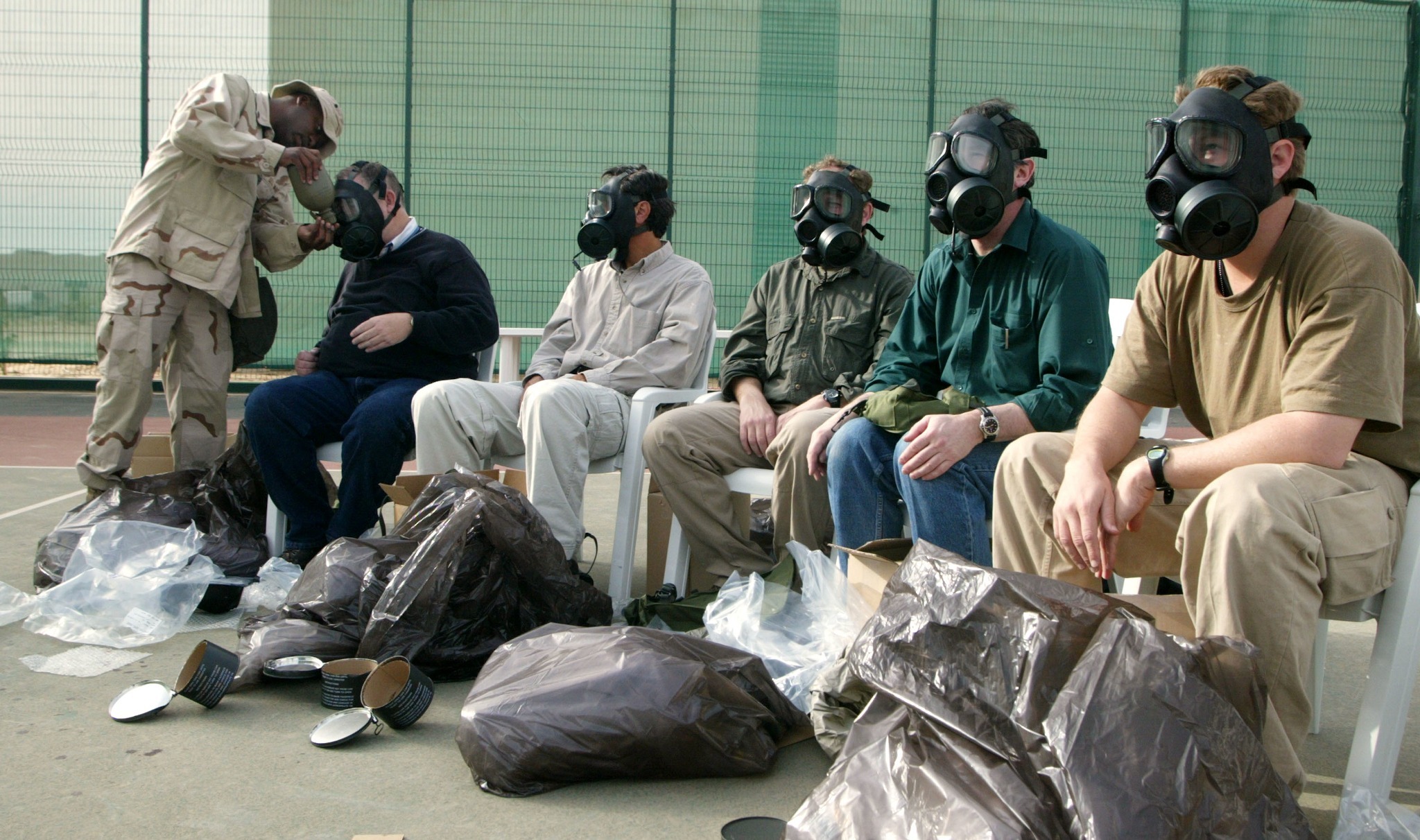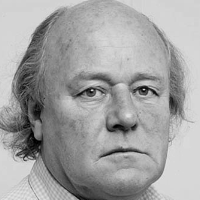The controversy over the appointment of Richard Sharp as chairman of the BBC sheds fresh and intriguing light on Britain’s governing elite and the workings of Westminster and Whitehall.
Sharp, a Tory donor, is an old friend of Boris Johnson and former economics adviser at 10 Downing Street, and of Sam Blyth, a wealthy Canadian businessman and Johnson’s distant cousin. Sharp is also Rishi Sunak’s former boss at Goldman Sachs. Sharp helped put Johnson in touch with Blyth about help over a huge loan for him.
Sharp also introduced Blyth to the Cabinet Secretary, Sir Simon Case, about whether Blyth could act as a loan guarantor for Johnson.
In light of the unresolved controversy, Sharp was summoned on 7 February by the House of Commons culture, media and sport committee to explain his position. He said he told Johnson and Sunak of his ambition to be BBC chair before applying for the job. And he added that he raised with Case Blyth’s suggestion that Blyth help Johnson secure a £800,000 loan, and also told the Cabinet Secretary he was going for the BBC job.
Sharp told the committee: “My involvement was to ensure due process was followed. I was not party to any subsequent events that took place. I gave no financial advice to the prime minister”.
Critical report
In a highly critical report published on Sunday, the committee said Sharp’s failure to disclose, either to the MPs on the committee or to his appointments panel, his role in facilitating Johnson’s loan, constituted a “significant error of judgement”.
Sharp also did not disclose he had told Johnson of his intention to apply for the BBC job.
But questions remain over Simon Case’s judgement. Sharp told the Cabinet Secretary about his role as a go-between between Johnson and Blyth. Case appeared to have said that was fine and neither he nor Sharp needed to pass the information on.
Blyth, meanwhile, had been put forward as a candidate for the post of chief executive of the British Council, though he has said this was unsolicited and he did not discuss the job with Johnson.
When it became clear, despite the government’s best efforts, that the controversy over Sharp’s appointment to the BBC was not going away, Downing Street advisers suggested that the circumstances of Sharp’s appointment should be investigated by the Public Appointments Commissioner, Sir William Shawcross.
William Shawcross
Shawcross had been recommended for that job by Johnson. But it happens that Shawcross’ daughter, Eleanor, is Rishi Sunak’s head of policy at 10 Downing Street.
Shawcross said he should recuse himself from the investigation since he had met Sharp on a number of occasions. He delegated it to Adam Heppinstall KC, a barrister with experience of acting for government departments.
Shawcross has other connections. He is the “independent reviewer” of the government’s controversial Prevent programme that was set up in 2003 and later enshrined in law by the 2015 Counter Terrorism and Security Act, to reduce the threat posed by extremist ideologies.
In a report last week, Shawcross concluded that Prevent had concentrated too much on the far right, and not enough on Islamist extremism.
Shawcross is also a member of the consortium led by Sir Robbie Gibb, former head of communications at 10 Downing Street, that bought the Jewish Chronicle newspaper in 2020.
BBC and intelligence
The Sharp affair is the latest episode in a long history of the close relationship between the BBC and the upper reaches of the British establishment, a relationship that spread, in the utmost secrecy, to the world of intelligence.
MI5 kept a sharp eye on senior BBC appointments. Vetting and blacklisting procedures were stepped up in 1982 when a former Army officer, Brigadier Ronald Stonham, was given the title of “Special Assistant” to the BBC’s director of personnel, Christopher Martin, a former Royal Marine.
Journalists were barred from jobs because of associations which were considered “subversive” only in the minds of paranoid members of the security establishment.
Papers released to the National Archives show how the BBC hierarchy approached the Foreign Office’s Information Research Department (IRD), the government’s secret propaganda unit, after discreet contacts with senior intelligence officials. They began at the time of Harold Wilson’s Labour government.
Charles Curran, the BBC’s director general, wrote to IRD officials on 24 July 1974, stating: “I think that Denis Greenhill [the Foreign Office’s link with MI6] may have told you of the interest which was evident in a recent discussion at our Board of Governors in the activities in this country of movements which would be regarded by most people as subversive”.
He spoke of an “opportunity for discreet discussions” about the distribution of “communist -influenced activities”.
Curran then referred to the possibility of contacting Gwyn Morgan, head of the Labour Party’s Overseas Department (later chief adviser to one of Britain’s first European Commissioners, George Thomson) and Tom McNally, political adviser to the foreign secretary, Jim Callaghan.
Dealing with ‘extremists’
Sir Tom Brimelow, Greenhill’s successor in the Foreign Office, wrote a note dated April 1975 which was copied to Sir Michael Hanley, the head of MI5. Marked “Secret and Personal”, it stated: “I suggest the BBC should put itself in the best possible stance to deal with extremists who still want to grind their axes” – a reference to BBC journalists.
One file, dated a year earlier, in April 1974, reveals an obsession with alleged “subversives” including not only trade union leaders but “Black Power”, the Chile Solidarity Campaign Committee and even the Woodcraft Folk. Hanley was to ensure that “MI5 information” was sent to IRD for the use of officials there.
Hanley’s memo was copied to Sir Leonard Hooper, the head of GCHQ, with a warning to keep their discussions secret – if they were leaked, it could lead to “acute embarrassment”.
Another file refers to MI6 chief Sir Jack Rennie’s view that “the threat now was much more of an internal one”. IRD material should be sent to MI5, argued Sir John Hunt, the Cabinet Secretary.
Hunt reminded Harold Wilson that when the Labour prime minister was previously in office in 1968 he had approved “arrangements under which covert and discreet actions designed to expose communist activities in the UK was undertaken by the English section of the FO’s [Foreign Office] IRD” which was “in constant touch with the Security Service [MI5]”.
Planting stories
Many IRD files have been withheld, but some refer to the unit’s attempts, many of them successful, in planting stories in British newspapers and magazines and promoting suitable and useful books.
One was Revolutionary Politics in Modern Britain published by Bodley Head in 1976. It was written by Richard Shipley, whose employment as a Home Office official was kept quiet.
BBC editors and journalists caused the security and intelligence agencies most concern. In a report dated 1 September 1982, titled “Intelligence and the BBC”, a Foreign Office official responsible for liaising with MI6, wrote: “A number of recent BBC programmes have dealt with the operation of the intelligence agencies in a manner which has given rise to serious concern”.
A programme on the Falklands was singled out and led to Sir Robert Armstrong, then Cabinet Secretary, writing to Ian Trethowan, the BBC’s director general. Armstrong is reported to have said that the government “still face a problem in convincing the BBC to be more circumspect in treating these matters”.
“BBC editors and journalists caused the security and intelligence agencies most concern”
The Foreign Office’s top MI6 contact warned “of the need to persuade the BBC’s senior management that they should supervise programme content more closely, and should act more responsibly”.
A year earlier, in 1981, Trethowan had intervened to censor a BBC Panorama programme on Britain’s intelligence agencies.
The following year, in a letter to Armstrong copied to Sir John Jones, then head of MI5, Sir Antony Acland, permanent secretary at the Foreign Office, warned of the need to be “careful not to give the impression (we) are trying to ‘gag’ the BBC”.
Vigilance
The history of the security and intelligence establishment’s meddling in the BBC demonstrates the need for vigilance on the part of the corporation’s viewers and listeners. Not cynicism or suspicion, just vigilance.
The BBC will always be a special target for the British establishment urging compliance on the part of editors.
There have been spectacular BBC disputes with governments, including over interviews with the IRA, Ian Curteis’ play on the Falklands war, and exaggerated claims about Saddam Hussein’s weapons arsenal leading to the death of the government’s weapons inspector, Dr David Kelly.
But the lessons of the past, including files declassified years later at the National Archives, is that successive governments apply pressure on senior BBC executives, often behind closed doors, and with different degrees of subtlety. The Richard Sharp affair should carry a warning.




